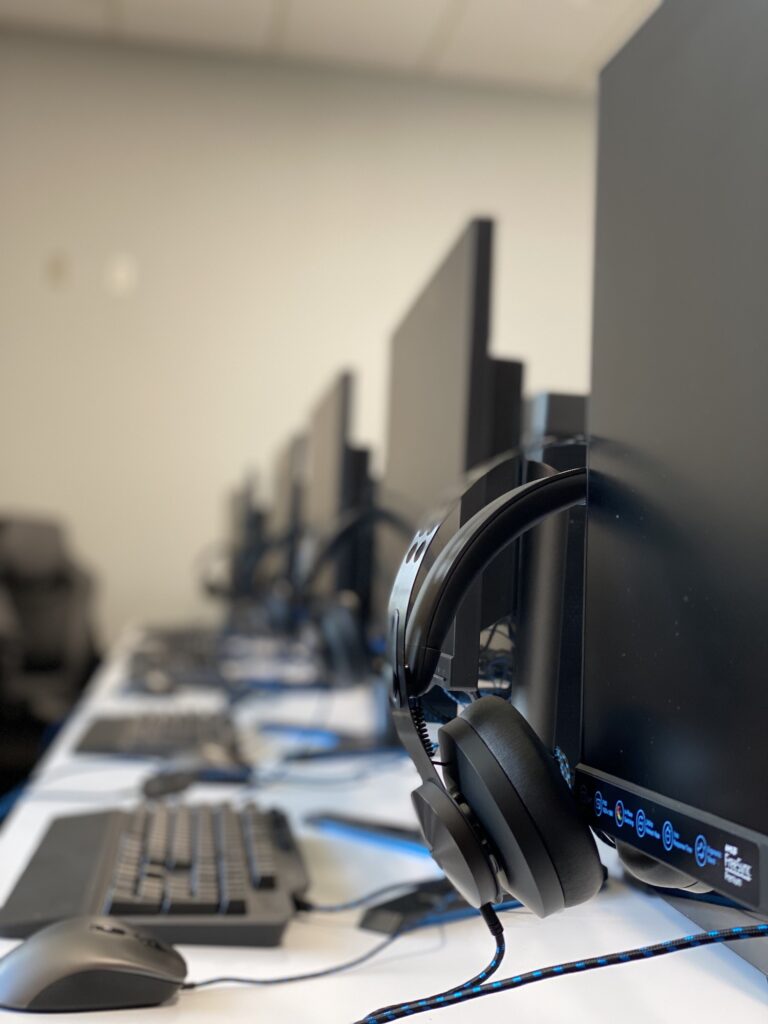
As esports continues to grow in popularity, parents need to be aware of the potential risks that their children may face while participating in online gaming. These risks can include exposure to inappropriate content, cyberbullying, and privacy concerns.
One of the best ways for parents to help their children navigate these risks is to communicate openly and regularly about online safety and privacy.
This can include discussing the importance of maintaining privacy, setting rules around online behavior, and encouraging children to come to their parents if they encounter any issues while gaming. In addition to open communication, there are also several practical steps that parents can take to help their children stay safe while participating in esports:
Use parental controls
Many gaming platforms, such as Steam and Xbox Live, offer parental controls that allow parents to set limits on the type of content their children can access and the amount of time they can spend gaming.
These controls can help protect children from inappropriate content and prevent them from spending too much time gaming.
Monitor online activity
It can be helpful for parents to periodically check in on their children’s online activity and see what they are doing while gaming.
This can help parents identify any potential risks and address them before they become bigger issues.
Encourage the use of privacy settings
Many gaming platforms offer privacy settings that allow players to control who can see their profile and activity.
Encouraging children to use these settings can help protect their privacy and prevent them from being targeted by cyberbullies.
staying informed
In addition to taking these steps, it’s also important for parents to educate themselves about the games their children are playing and the potential risks they may face. This can include researching the games and reading reviews and ratings to get a sense of the content and age appropriateness.
Parents can also encourage their children to think critically about their online interactions and to be mindful of the information they share online. This can include reminding children not to share personal information, such as their full name or address, with strangers online.
Another important aspect of online safety and privacy is the use of strong passwords and two-factor authentication. Encourage your children to use unique and secure passwords for their gaming accounts and to enable two-factor authentication whenever possible. This can help protect their accounts from being hacked.
By taking these steps and having open and honest communication with their children, parents can help their children navigate the online world safely and responsibly while participating in esports.

